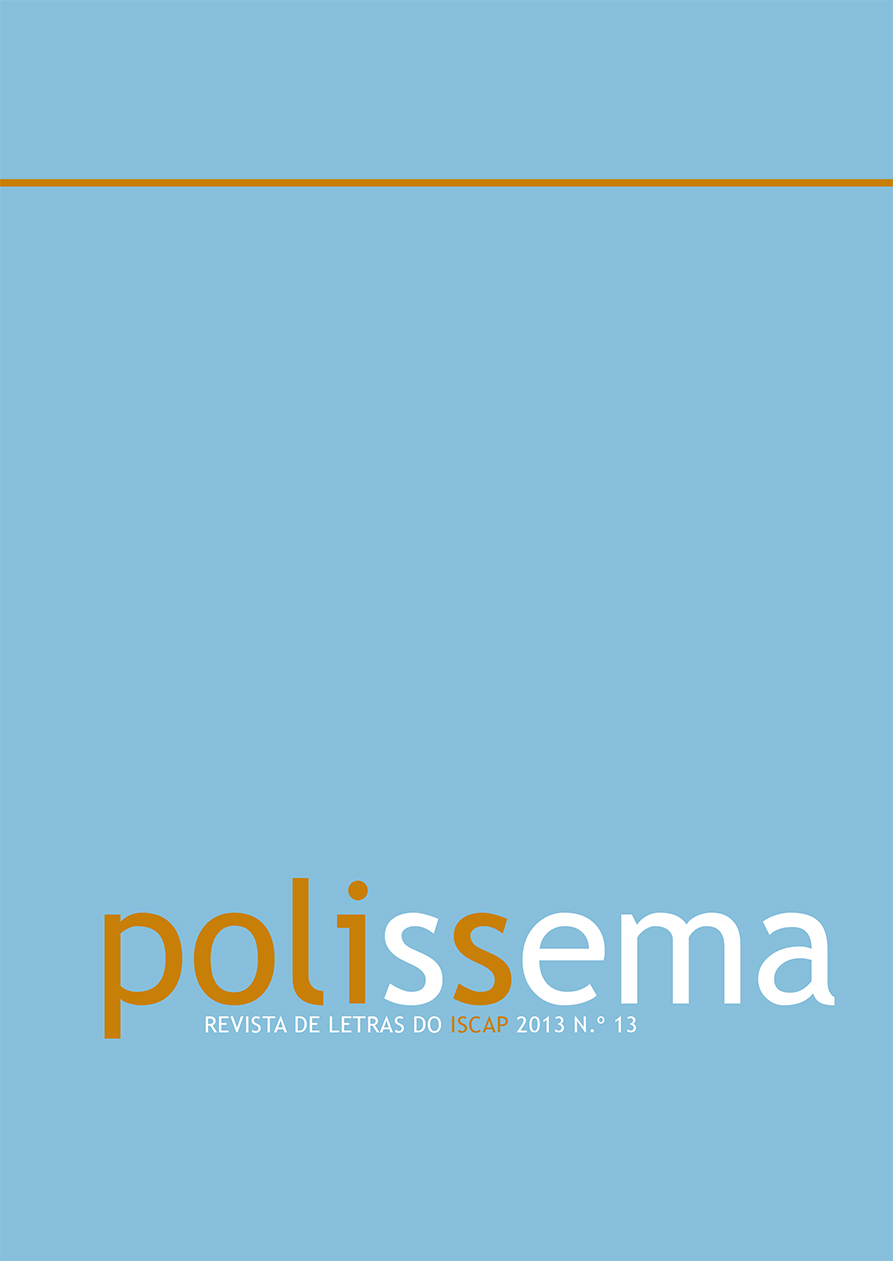LEGAL TRANSLATION: THE DIFFICULT BALANCE BETWEEN LAW AND TEXTUAL SKILLS
DOI:
https://doi.org/10.34630/polissema.v0i13.3060Keywords:
legal translation, globalization, legal skill, textual skill, fundamental rightsAbstract
The practice and teaching of legal translation always walked hand in hand with history, especially as there was a growing need to regulate society and particularly since the development and multiplication of international organizations after the Second World War and up to the current globalization. Many authors have reflected on the skills necessary for the practice of legal translation that are both legal competence and textual competence. Taking these two points of departure, the article proposes a reflection on the basic training for the legal translator, which emphasizes the use of authentic documents, much easier to access today through the internet. Furthermore, this work proposesexamples, naturally concentrated in the legal area, as a demonstration, on the one hand, of the relevance of legal translation and of the particular skill it requires, and on the other hand, of different strategies in legal translation and options that may oblige.
Finally, it is stressed how recent legal instruments oblige the Portuguese State to adjust its own criminal justice system to a European standard. This is the case of Directive 2010/64/EU, which clearly sets up and integrates legal translation as a "tool" that in many cases can be decisive to guarantee certain fundamental rights.
Downloads
Published
How to Cite
Issue
Section
License
Copyright (c) 2013 POLISSEMA – ISCAP Journal of Letters

This work is licensed under a Creative Commons Attribution-NonCommercial-NoDerivatives 4.0 International License.


